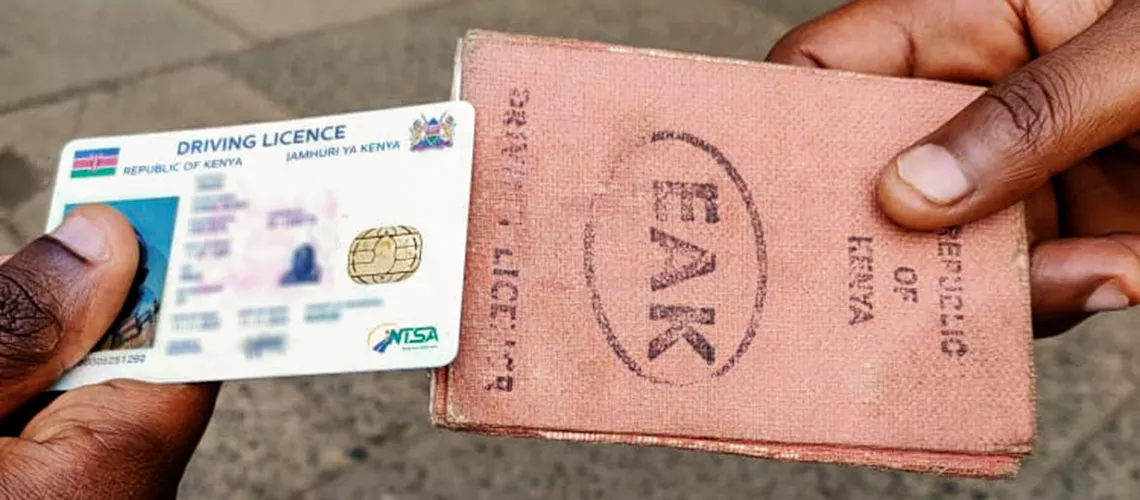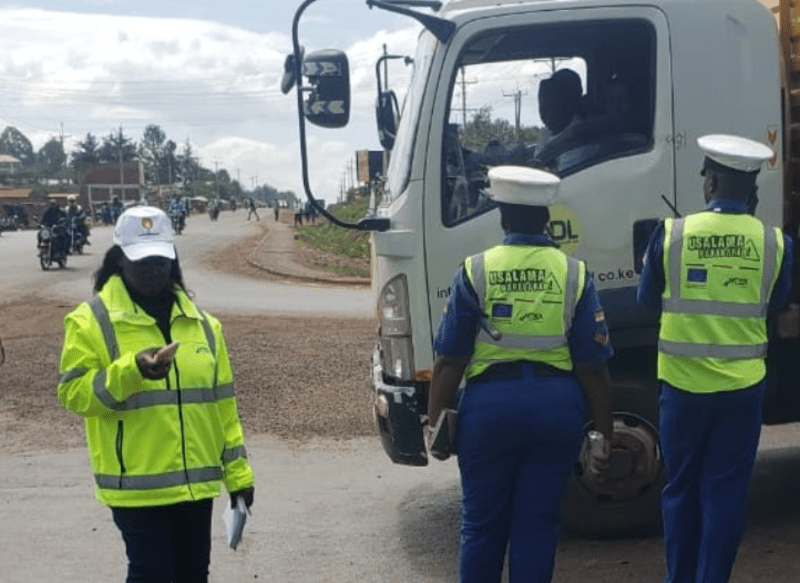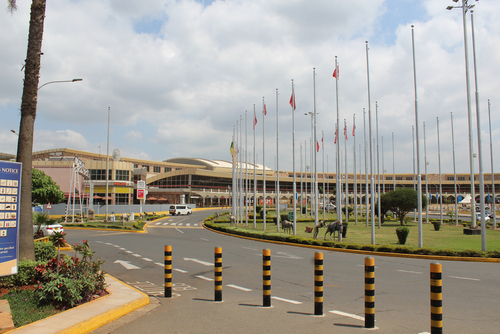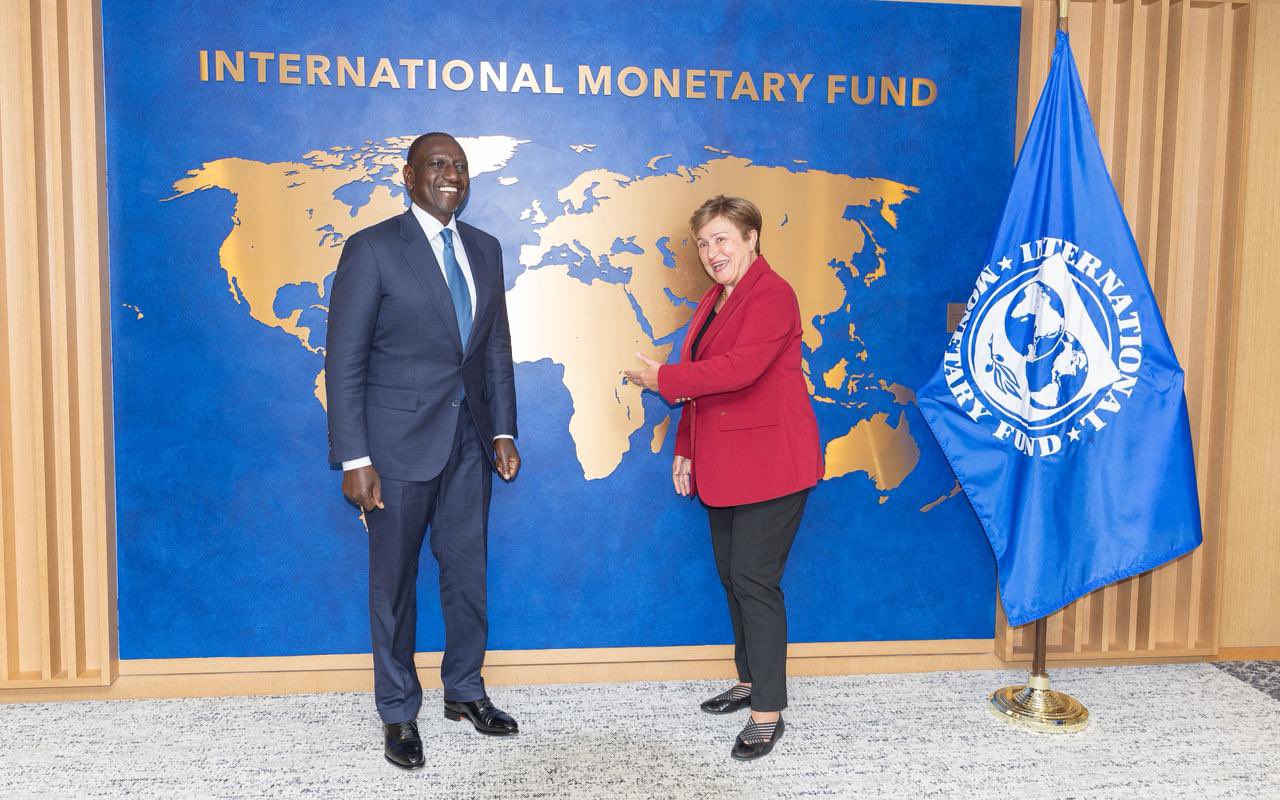Auditor general exposes NTSA's inadequacies in producing smart driving licenses

Another obstacle hindering the transition away from physical driving licences is the shortage of biometric kits.
The Auditor General has put the National Transport and Safety Authority (NTSA) on the spot over several errors in the Smart Driving Licence programme.
Highlighted in the NTSA Audited Financial Report for the year 2023-2024, Auditor General Nancy Gathungu pointed out gaps in the slowdown of the printing, issuance, and collection of smart driving licences at Sh3,500.
The report highlighted an issue concerning the NTSA's contract with a local bank for maintaining the software used in printing smart driving licences.
More To Read
- State agencies, counties owe Kenya Power Sh4.67 billion in unpaid bills - Auditor General
- Over 16,000 in the dark as Kenya Power struggles to procure essential meters, transformers
- MPs push for urgent funding boost for Auditor General’s office
- NTSA revives alcoblow, night patrols, mobile courts to curb road accidents during festive season
- Audit flags leadership vacuum at Garissa University since 2022
- Auditor General calls for penalties on officers who ignore audit recommendations
According to the report, NTSA had paid Sh31,662,815 for this maintenance.
However, it was discovered that the contract expired on October 31, 2022, and was not renewed, resulting in a gap in the maintenance and printing of driving licences.
Authorities from NTSA expressed their intention to extend the contract for an additional 12 months and communicated this plan to the bank.
"The supplier, through their acceptance letter dated October 31, 2022, advised that they would only accept the new contract if the contract price varied upward by 23 per cent but the authority, in a letter dated November 17, 2022, promised to look into the request and provide advice thereafter," reads part of the report.
 National Transport and Safety Authority (NTSA) officers patrol Nairobi CBD in the past. (Photo: NTSA)
National Transport and Safety Authority (NTSA) officers patrol Nairobi CBD in the past. (Photo: NTSA)National Transport and Safety Authority (NTSA) officers patrol Nairobi CBD in the past. (Photo: NTSA)
Gathungu pointed out that during the review period, the bank continued providing services, but NTSA did not disclose whether it adhered to the increased pricing.
Another issue highlighted by the Auditor General was NTSA's failure to implement measures for the widespread adoption of smart licenses among Kenyans.
The Auditor General indicated that the project was originally planned to span three years, from 2017 to March 2020.
The bank was initially contracted on March 8, 2017, to supply, deliver, install, and maintain five million second-generation smart card-based driving licences. The total value of the contract was Sh2 billion, but by June 2023, the bank had received payments amounting to Sh1.2 billion.
Only 4,042,050 cards had been supplied, with only 1,479,176 being printed in the last six years. The unutilised cards are said to be idling in NTSA's stores.
Another obstacle hindering the transition away from physical driving licences is the shortage of biometric kits.
NTSA possesses only 20 biometric enrollment kits, with 4 of them currently non-functional.
Furthermore, many Huduma centres nationwide lack adequate biometric equipment, and those in operation frequently experience breakdowns due to excessive use.
As concluded by the Auditor General, NTSA faces challenges in efficiently distributing already printed smart driving licences.
During the review period, 5,763 licences remained uncollected, and NTSA also managed expired driving licences.
 National Transport and Safety Authority (NTSA) officials and police officers conduct compliance checks along the Kitale-Kapenguri road in May 2024. (Photo: X/NTSA)
National Transport and Safety Authority (NTSA) officials and police officers conduct compliance checks along the Kitale-Kapenguri road in May 2024. (Photo: X/NTSA)National Transport and Safety Authority (NTSA) officials and police officers conduct compliance checks along the Kitale-Kapenguri road in May 2024. (Photo: X/NTSA)
Top Stories Today
















































